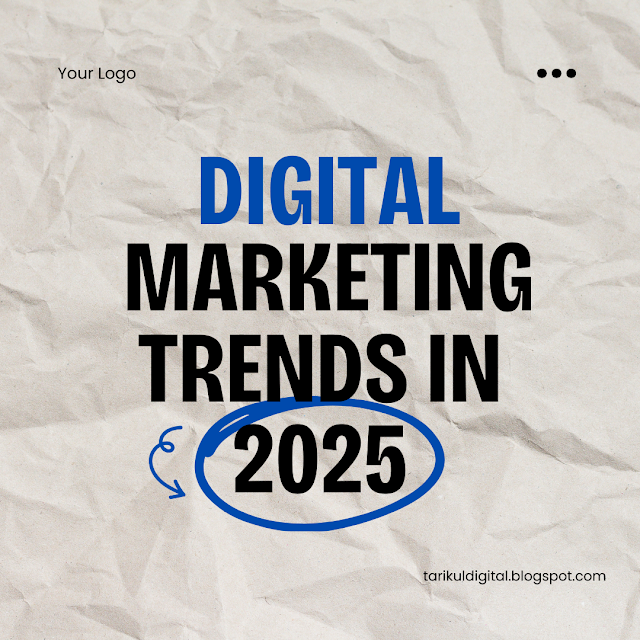Email marketing platforms are essential tools for businesses and individuals to communicate with their audience, build relationships, and drive sales through email campaigns. These platforms offer a range of features, from basic email sending to advanced automation, segmentation, and analytics.
Here are some of the top email marketing platforms, categorized by their strengths and common use cases:
1. All-in-One Marketing Suites (often with strong CRM integration):
- HubSpot Marketing Hub: More than just email, HubSpot offers a comprehensive marketing platform including CRM, landing pages, automation, and analytics. It's excellent for businesses looking for an integrated solution. They have a free plan with limited email tools and a free CRM.
- ActiveCampaign: Known for its powerful automation capabilities, allowing for complex customer journeys and personalized experiences. It integrates well with CRM and offers multi-channel marketing.
- GetResponse: A versatile platform with email marketing, landing pages, webinars, and marketing automation. It's good for businesses looking for a broad set of features.
- Zoho Campaigns: Part of the larger Zoho suite, offering good integration with Zoho CRM and other Zoho services. It's a solid choice for businesses already using Zoho products.
2. User-Friendly & Popular Choices (often with generous free plans):
- Mailchimp: One of the most widely recognized platforms, Mailchimp is known for its user-friendly interface, drag-and-drop editor, and excellent templates. It's a great starting point for beginners and small businesses. They have a free plan with limits on contacts and emails.
- MailerLite: Praised for its ease of use and a generous free plan that includes many core features like automation and landing pages. It's ideal for businesses new to email marketing and those sending newsletters.
- Brevo (formerly Sendinblue): Offers a good balance of features, including email, SMS marketing, and chat, with a generous free plan that allows for unlimited contacts but a daily email sending limit. It's a strong contender for small to medium-sized businesses looking for an affordable, multichannel solution.
- Constant Contact: Best for beginners due to its intuitive interface and good customer support. It also offers features like list segmentation, automation, and event marketing tools.
3. E-commerce Focused Platforms:
- Omnisend: Specifically designed for e-commerce businesses, offering features like abandoned cart reminders, product recommendations, and seamless integrations with popular e-commerce platforms (Shopify, WooCommerce, etc.). It has a generous free plan.
- Klaviyo: Another top choice for e-commerce, Klaviyo excels in data-driven marketing, advanced segmentation, and AI-powered insights to personalize campaigns and drive sales. It's particularly good for larger or fast-growing e-commerce businesses.
- Drip: Focuses on e-commerce automation and personalization, offering robust workflow triggers and actions, and unique "onsite campaigns" with offers and gamification.
4. Niche & Specialized Platforms:
- AWeber: A solid option for bloggers and content creators, known for its customizable templates and RSS-to-email functionality. It also offers phone support on its free plan.
- ConvertKit (formerly Kit): Geared towards content creators, bloggers, and online course creators, offering features to manage subscribers and deliver content.
- Moosend: An affordable and easy-to-use option for small businesses, offering marketing automation and detailed analytics.
- EmailOctopus: Offers a generous free plan and transparent pricing, good for small businesses and creators.
Key Features to Consider When Choosing an Email Marketing Platform:
- Ease of Use: A drag-and-drop editor and intuitive interface can significantly simplify campaign creation.
- Automation: The ability to set up automated email sequences (welcome series, abandoned cart, re-engagement) based on user behavior.
- Segmentation: Tools to divide your audience into targeted groups for more personalized messaging.
- Templates: A library of professionally designed and mobile-responsive email templates.
- Analytics & Reporting: Detailed insights into email performance (open rates, click-through rates, conversions).
- Integrations: Compatibility with other tools you use (CRM, e-commerce platforms, social media).
- Deliverability: The platform's ability to consistently get your emails into recipients' inboxes, not spam folders.
- Pricing: Consider your budget and the platform's pricing model (based on contacts, emails sent, or features). Many offer free plans or free trials.
- Customer Support: The availability and quality of support (email, chat, phone).
- AI Capabilities: Some platforms now incorporate AI for content generation, subject line creation, and predictive analytics.
The "best" email marketing platform ultimately depends on your specific business needs, budget, and desired features. It's often recommended to try out a few free plans or trials to see which platform aligns best with your workflow.







0 comments:
Post a Comment